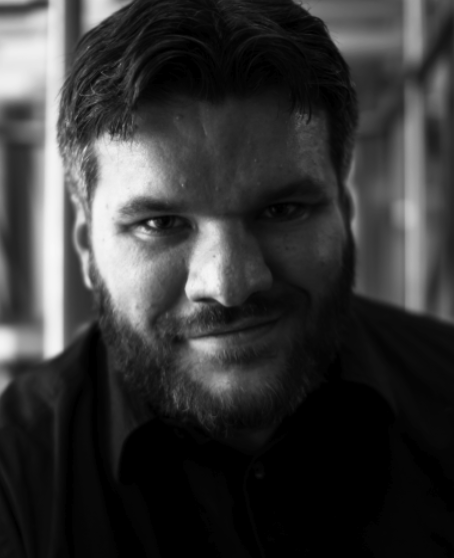
Matt Bell is a writer, professor, critic, editor and someone who is excellent to talk to. He took some time to talk to us while touring his new book, In the House upon the Dirt between the Lake and the Woods, and oh man are we glad he did. Love, Nicolle
NICOLLE ELIZABETH: When and how did you start writing?
MATT BELL: I recently read an essay by Rick Moody where he set the date for starting to write at when he started to revise—and I think that’s a perceptive way to separate the proper writing work from earlier, lesser attempts. For me, that means I started writing seriously when I was twenty or so, so about thirteen years ago. I started writing not because I necessarily had something to say but because I loved certain books so much I wanted to make more books like them.
NE: When and why did you start submitting writing?
MB: I first submitted work too early, got properly rejected by everyone, accepted the chastisement and didn’t submit again for several years. My first stories were published in magazines like Hobart and Barrelhouse, and they were the same stories I’d failed to publish a few years earlier: They were among the first real stories I wrote, and it took several years to get them strong enough to be accepted. Before, I hadn’t realized how far they were away from that point, in part because I wasn’t a good enough writer or reader to tell. I’m exponentially harder on the work and on myself than I was when I first started, which is probably true for most writers. It took a long time to learn to stay in a single piece long enough to make it as good as it could be.
NE: You have authored a few books now, what is your creative process and do you know you “have a novel” when you’re at the start.
MB: I think I do know whether I’m working on a story or a novel almost immediately, but the process of writing both is mostly the same: I write sentence by sentence, usually without much of a plan, just trying to extend whatever fragment of the story I’m working on. By the time I have a certain number of fragments written, I can usually start to arrange them in some kind of order, according to my current understanding of the character and the plot, often trying out different shapes and forms until I find the right ones. Often there are gaps between fragments that need to be filled, and that material is...
You have reached your article limit
Sign up for a digital subscription and continue reading all new issues, plus our entire archives, for just $1.50/month.
Already a subscriber? Sign in




